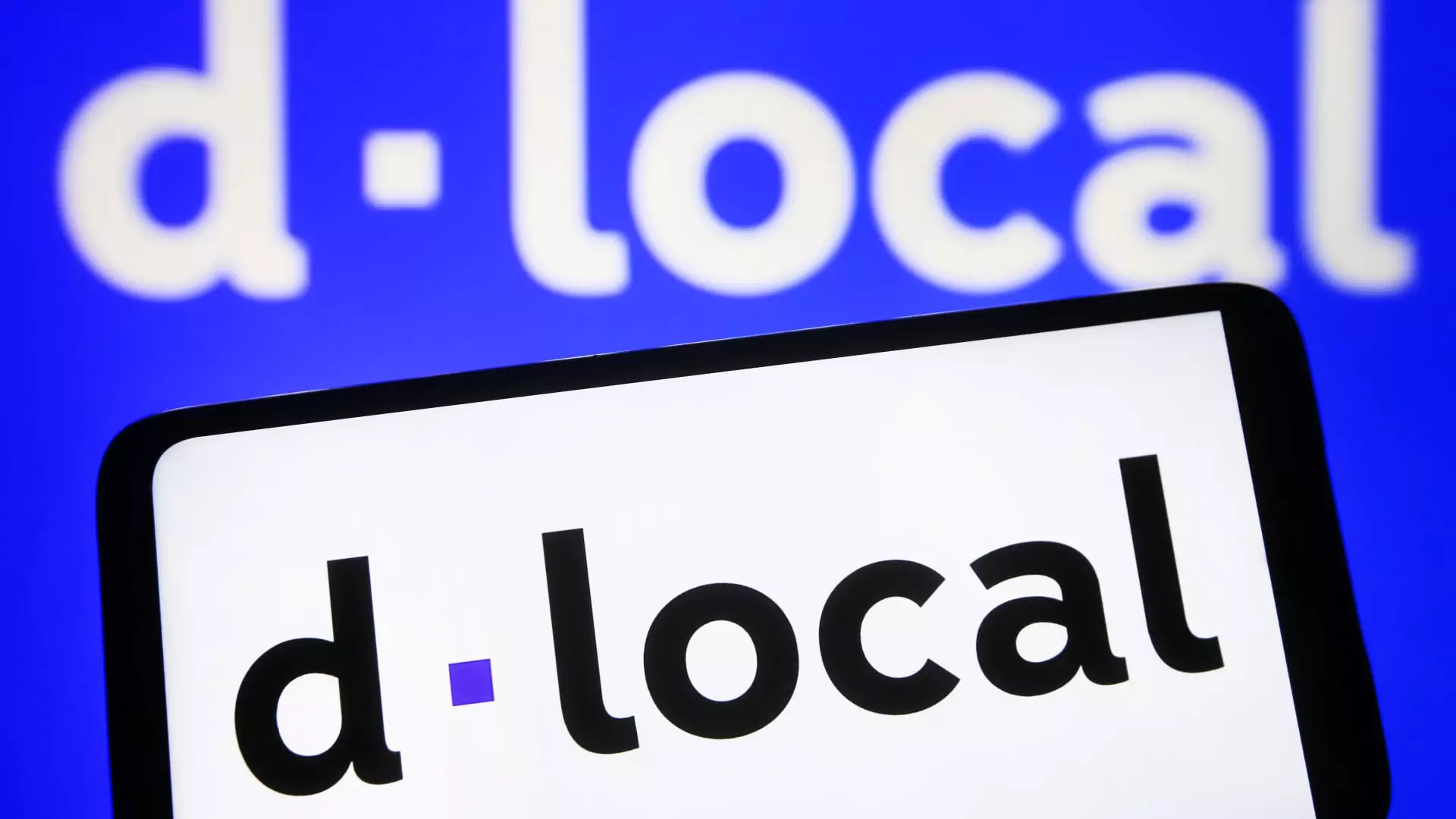The landscape of global fintech is in a constant state of flux, and the recent acquisition of a U.K. payment institution license by Uruguayan payments firm dLocal marks another key development in this ever-evolving narrative. As a pioneer in the payments arena focused on emerging markets, dLocal’s strategic move not only signifies its ambitions to expand beyond Latin America but also hints at shifting dynamics in the global payments ecosystem.
By obtaining authorization from the U.K.’s Financial Conduct Authority (FCA), dLocal paves the way for onboarding British merchants through its local subsidiary, Larstal Limited—operating under the name AstroPay. This critical step comes after previous restrictions that limited the firm’s ability to engage with local clients, imposed following the U.K.’s exit from the European Union. The operational constraints dictated by the FCA not only hampered dLocal’s local ambitions but also reinforced the complexities surrounding regulatory frameworks in post-Brexit Britain.
The significance of this license cannot be overstated. It signals dLocal’s determination to become a reliable link between U.K.-based merchants and emerging markets across Latin America, Africa, and Asia. CEO Pedro Arnt’s vision is clear: to carve out a unique position in the crowded fintech landscape by leveraging its specialized expertise in these diverse regions.
The U.K. payments market is already populated with formidable players like Worldpay and Checkout.com, along with major international platforms such as PayPal and Stripe. However, dLocal is banking on its unique value proposition—an emphasis on catering to clients interested in penetrating emerging markets, particularly those geographical regions where traditional payment methods may not suffice.
Arnt articulated dLocal’s differentiation strategy, asserting that its focus is not merely on local payments but rather on facilitating cross-border transactions in complex environments. This global perspective allows dLocal to cater to a niche market that recognizes both the challenges and the opportunities presented by varying regulatory regimes in countries like Brazil, Mexico, and Colombia.
With the newly acquired U.K. license, dLocal is not only gearing up for client acquisition but is also investing in scaling its operational capabilities. According to Arnt, the company is enhancing its U.K. presence through an increase in workforce. Key executives, including COO Carlos Menendez and CRO John O’Brien, are stationed in London, reflecting a commitment to establishing a sturdy operational base in one of the world’s leading financial centers.
The drive to ramp up headcount is essential as dLocal positions itself as a “licensed partner” for companies in developed markets looking to navigate the complexities of payments in emerging territories. This strategy responds to a growing demand for credible fintech partners capable of managing the intricacies of different regulatory landscapes while ensuring secure and efficient transaction processing.
Despite the promising outlook, dLocal faces the harsh reality of fierce competition. The U.K.’s fintech ecosystem is robust, with numerous players boasting significant capital and advanced technological capabilities. DLocal’s ability to establish its brand and attract clients in such a saturated market will be crucial. The company’s competitive edge will rely on its historical context and specialized knowledge of emerging markets, coupled with a commitment to creating a seamless user experience.
Moreover, dLocal’s stock performance reflects the broader challenges faced by the company. Since going public on the U.S. Nasdaq in 2021 with a valuation of $9 billion, its market capitalization has significantly decreased, despite a recent uptick of approximately 40% over the past six months. This downturn could raise concerns among investors and complicate dLocal’s ability to secure funding for further expansion.
In the face of potential acquisition rumors, Arnt maintains that dLocal remains focused on its growth strategy, underscoring the need for transparency and the governance that comes with being a public entity. While there is a fiduciary responsibility to the shareholders to consider buyout offers, dLocal is not marketing itself for sale, signaling a commitment to long-term objectives.
Overall, as dLocal embarks on this new chapter with its U.K. payment institution license, the fintech landscape will be closely monitoring its progress. The company’s trajectory within the competitive U.K. market, its strategies for overcoming regulatory challenges, and the potential for future growth will serve as pivotal indicators of its role in reshaping the dynamics of global payments in emerging markets. As the fintech ecosystem continues to shift, dLocal’s journey will be a case study in both opportunity and resilience.

